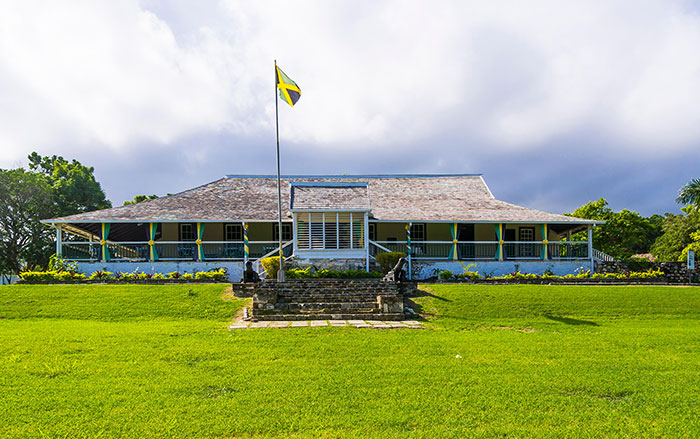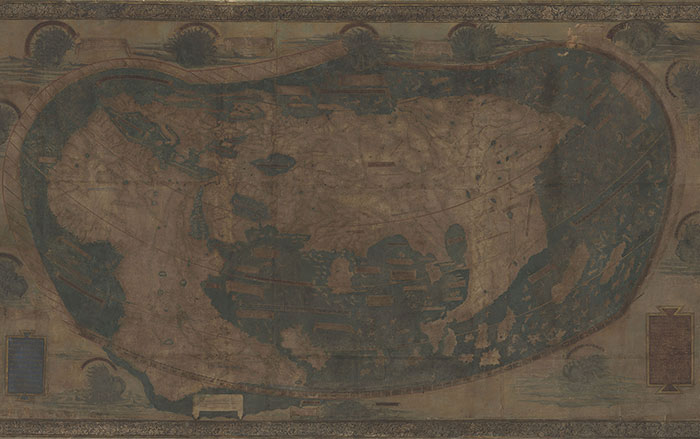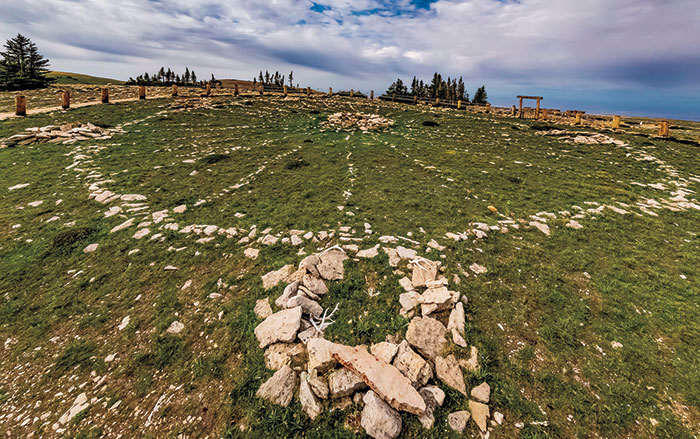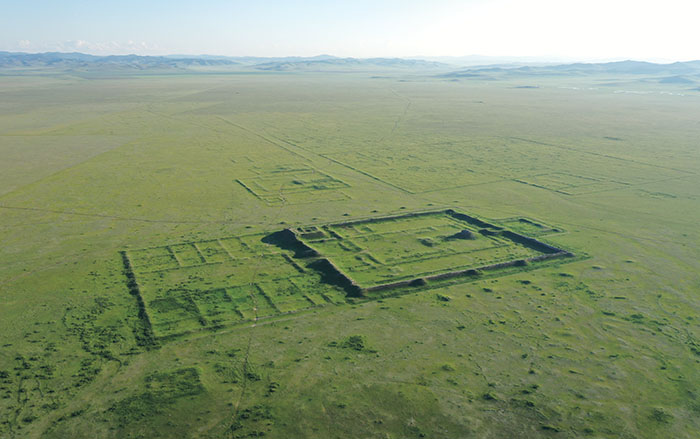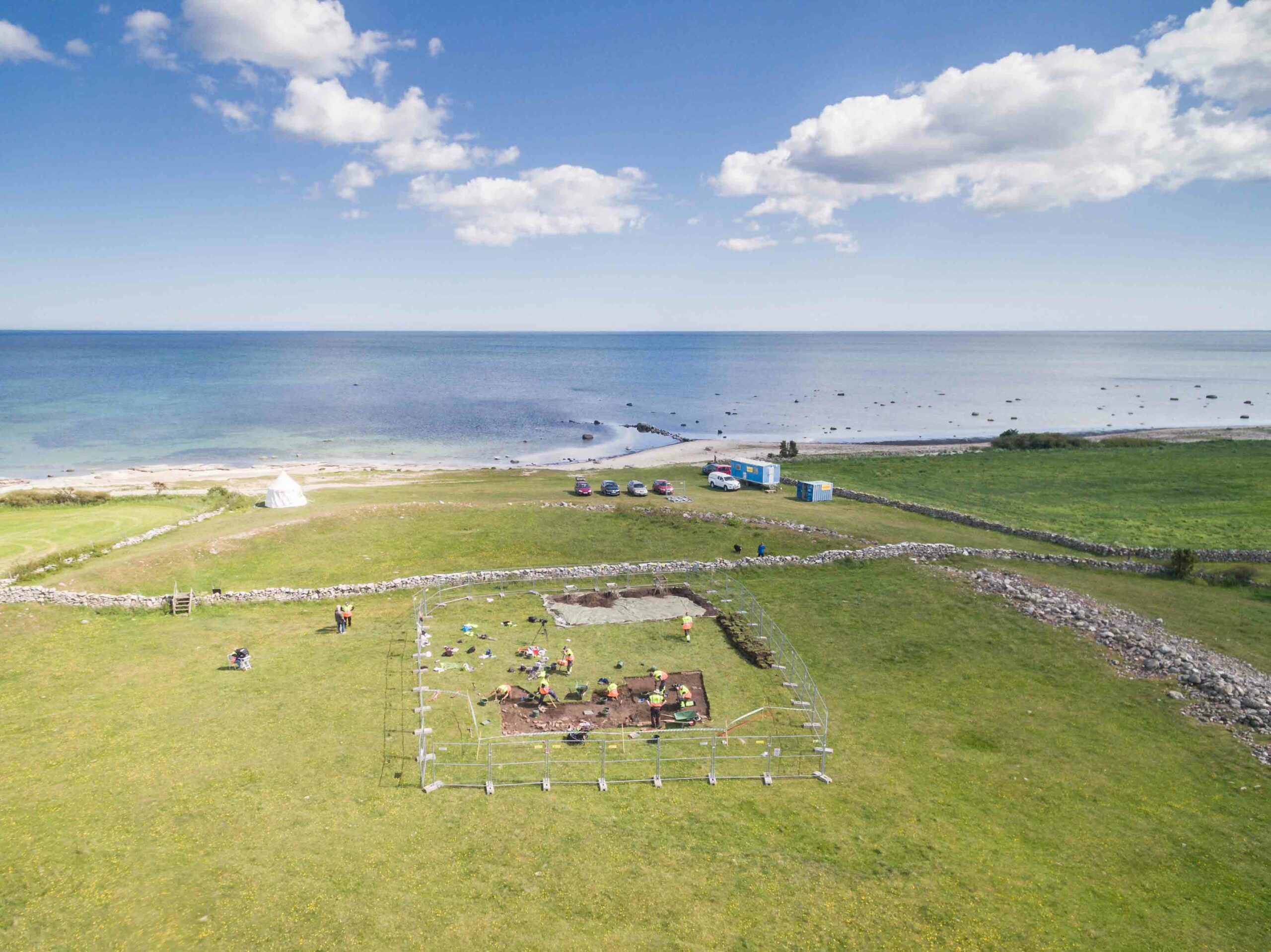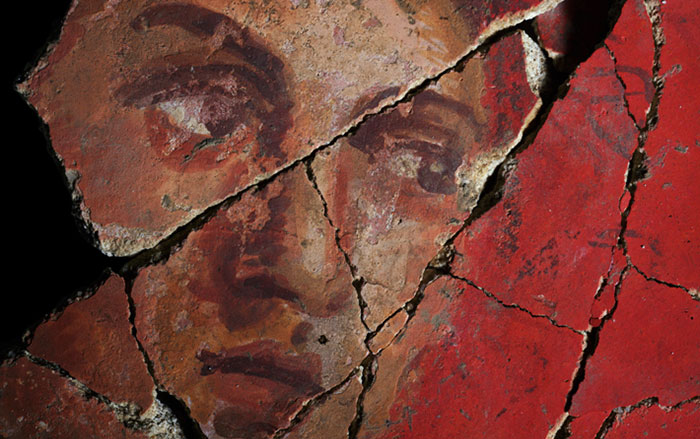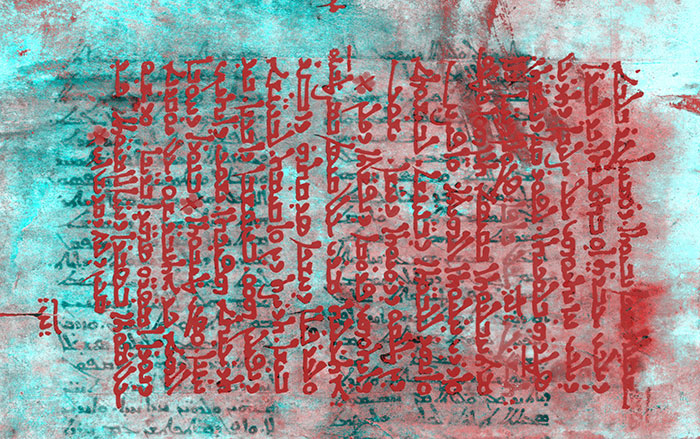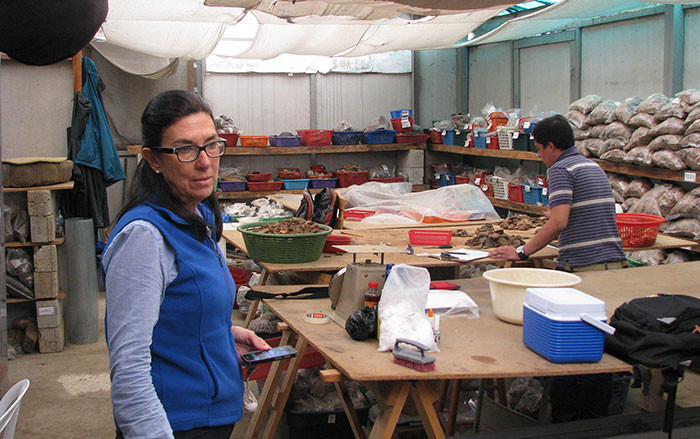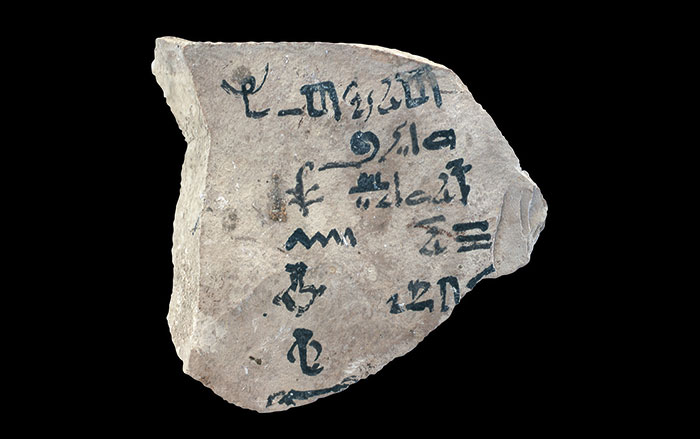
WASHINGTON, D.C.—In 1493, after his initial voyage, Christopher Columbus wrote a letter to his patrons, Ferdinand and Isabella of Spain, which was reprinted and distributed to spread information about the New World. According to a report in Live Science, a joint American-Italian investigation team has determined that one of the 80 surviving copies of the letter, donated to the Library of Congress, had been stolen from the Riccardiana Library in Florence, Italy, where a forgery had been left in its place. The forged document, in addition to having mismatched stitching, lacked an original Riccardiana Library stamp. Investigators also found that bleach had been used to remove the Riccardiana Library’s stamp from the letter in the Library of Congress. “We are humbled to return this historic document back to its home country,” U.S. Attorney for the District of Delaware Charles M. Oberly III said in a statement. How the theft took place is still under investigation. To read about a forensic study of a map Columbus is believed to have consulted, go to "Reading the Invisible Ink."


